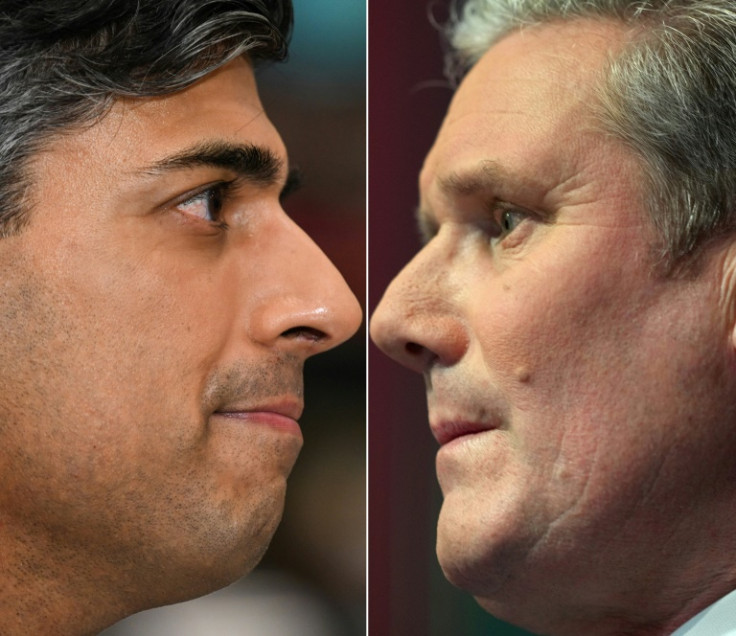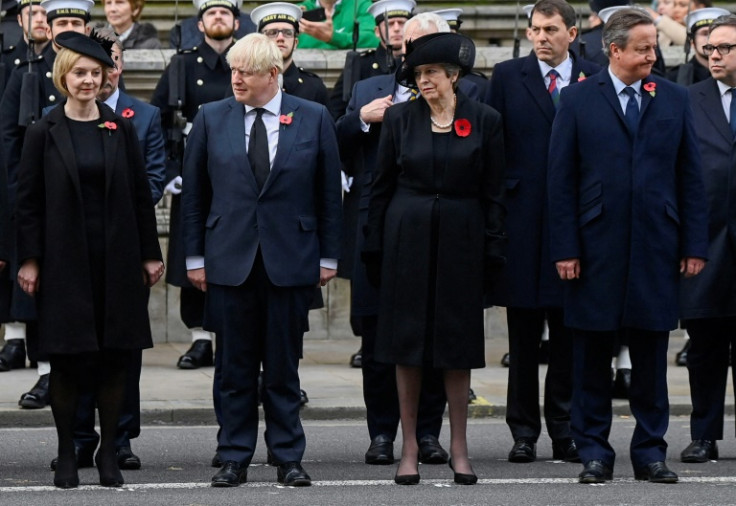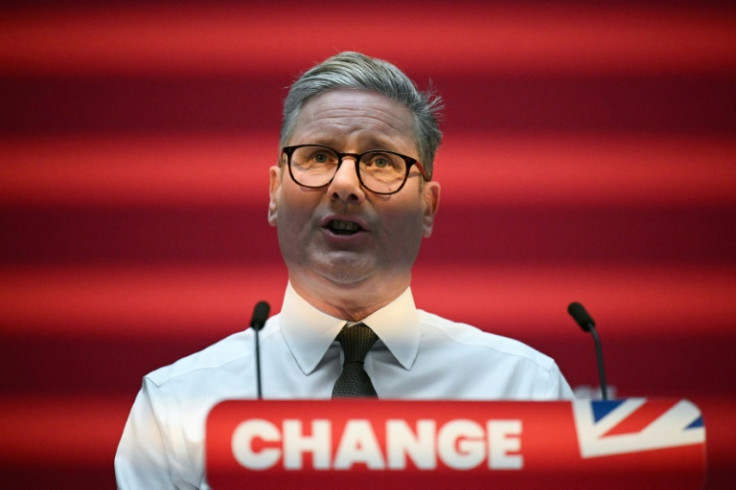
Britain goes to the polls next week in a general election that looks set to end 14 years of Conservative rule marked by economic turbulence, Brexit, political scandal and upheaval.
Prime Minister Rishi Sunak's right-wing Tories are expected to be dumped out of power, with discontent appearing widespread about their record in government and the state of the country.
Sunak has been unable to narrow a gaping 20-point polling deficit to Keir Starmer's centre-left Labour party, during a largely lacklustre election campaign.
Some predictions put the Conservatives on course for the worst results in their 200-year history and forecast a record majority for Labour, last in office under Gordon Brown in 2010.
One survey even suggested that Sunak could become the first sitting UK prime minister to lose his own seat.
Voting begins at 7:00 am (0600 GMT) next Thursday and runs until 10:00 pm, with official results trickling in late into the night and early morning.
Increasingly, the electorate is tipped to send a message to the Conservatives that their time is up, with some Tories already indicating that they can only mitigate the size of Labour's win.
"The country is a mess," said Tom Lough, an 82-year-old Tory voter in Richmond, northern England, where Sunak is standing for re-election.
"They're just not good enough," added another Conservative supporter, Bruce Walker, 67, accusing the party of abandoning its values of low taxation and strength on security and immigration.
David Cameron brought the Conservatives to power in 2010, imposing tough austerity measures in the aftermath of the global financial crash, hitting the funding of public services -- and people's pockets.
Cameron then gambled on appeasing anti-European right-wingers in the party by calling a vote on European Union membership that backfired on him when the public narrowly voted to leave in 2016.
Brexit and what form it should take claimed the premierships first of Cameron, who backed "remain", then his successor Theresa May, who failed to get her divorce deal sanctioned by parliament.
Boris Johnson, who took over, managed it with an 80-seat majority following a snap election in 2019, but he was brought down by his handling of the Covid crisis, and claims of corruption and cronyism.
Liz Truss's brief tenure in September and October 2022 ended after her unfunded tax-cutting plans spooked the markets and crashed the pound.
Sunak, the party's fifth leader and prime minister since 2010, has tried to revive its fortunes, vowing to bring down sky-high inflation and cut record levels of immigration.
But he has struggled to quell public anger at the higher cost of living, frustration with lengthy waits for health appointments, pared-back public services and creaking infrastructure.
"Nothing works in this country anymore and no one in government cares," Trades Union Congress leader Paul Nowak said last September. "The Conservatives have broken Britain."
Belief in the Tories is wavering even in the predominantly Conservative-supporting national press.
"Almost everything is getting worse, and almost nothing is getting better," wrote columnist Allister Heath in the Daily Telegraph earlier this year, although he predicted that things would not get better under Labour.
Other political commentators are predicting that the country is at a historic "inflection point" and has a chance to reset, even if Starmer is not promising radical reform.
Five years ago, under veteran socialist Jeremy Corbyn, Labour stood on a hard-left manifesto of huge public spending and renationalisation, and suffered its worst election defeat since 1935.
Starmer, a former human rights lawyer and chief public prosecutor, took over in 2020 and set about ending ideological infighting that had hobbled the party's electoral prospects.
He also took action against claims of anti-Semitism, expelling even Corbyn himself as part of a plan to take the party back to the centre ground.
"We have campaigned as changed Labour and we will govern as changed Labour," Starmer, 61, told the Conservative-supporting Daily Mail in an interview published on Wednesday.
But the party's promise of "change" is predicted to be a struggle, particularly with the country's public finances constrained.
The Tories have run a negative campaign, warning about Labour profligacy and higher taxes, and promising tougher action on immigration and security.
Their share of the right-wing vote could be split with the anti-immigration Reform UK party of Brexit champion Nigel Farage, which could spell years in the political wilderness.









